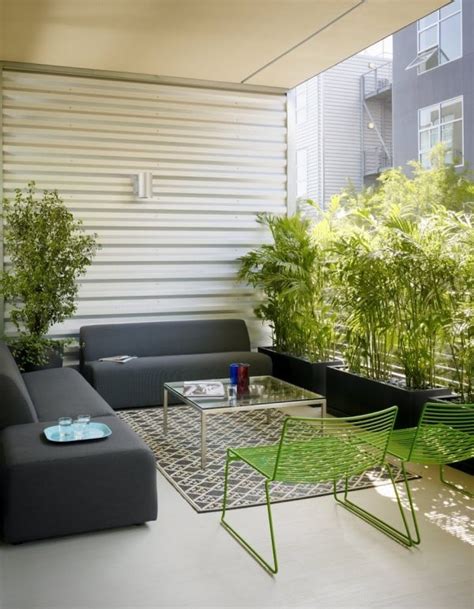Maximizing Balcony Privacy with the Right Plant Choices: Expert Gardening Tips
Introduction
In urban environments, finding privacy can be a challenge, especially for those with balconies. Fortunately, with strategic balcony gardening, you can create green screens that not only provide seclusion but also enhance outdoor living spaces. This article dives into expert-approved methods to use balcony plants for privacy, covering key aspects such as plant selection, seasonal tips, and practical container gardening advice.
Key Concepts
Balcony privacy plants are carefully chosen species that offer dense foliage or fast growth, perfect for creating a natural barrier. While establishing these green screens, it’s essential to consider factors like sunlight, watering needs, and the wind’s effect on your plants. By mastering these elements, you’ll be able to design an attractive, functional space.
Historical Context
The use of plants for privacy dates back centuries. In historical urban centers, gardens were not just for aesthetics; they served practical purposes like air purification, sound insulation, and shielding residents from prying eyes. This concept of privacy planting is experiencing a renaissance as urban living expands and outdoor spaces shrink.
Current State Analysis
In today’s urban settings, balcony gardening has become increasingly popular due to limited space and a desire to bring nature closer. People are turning to container gardening to create privacy barriers, using plant arrangements that fit small spaces while maintaining beauty. However, challenges such as varying climates, limited sunlight, and space constraints require careful planning.
Practical Applications
To create effective privacy solutions, select plants based on their growth habits and maintenance needs. Consider the following categories:
- Climbing Plants: Use species like Hedera helix (English Ivy) and Trachelospermum jasminoides (Star Jasmine) to cover vertical trellises or lattice walls.
- Tall Grasses: Ornamental grasses such as Miscanthus or Pennisetum can add height and dense coverage without taking up too much space.
- Compact Shrubs: Choose Buxus sempervirens (Boxwood) for a neatly trimmed hedge effect in containers.
- Bamboo: Rapid-growing varieties like Fargesia are excellent for creating tall, lush screens quickly.
Case Studies
Consider these practical examples from urban gardeners:
| Case | Challenges | Solutions |
|---|---|---|
| Small Balcony in Windy Area | High wind pressure damaging tall plants | Opt for low-growing hardy shrubs in heavy containers to resist wind. |
| Shady Balcony | Lack of sunlight affecting plant growth | Use shade-tolerant species like ferns or Asparagus densiflorus (Foxtail Fern). |
Stakeholder Analysis
When implementing a balcony privacy garden, it’s vital to consider not just your needs but also your neighbors’. Plants that extend beyond your balcony railing or block shared sunlight could cause disputes. Prioritize compact species that stay within boundaries and communicate your plans with adjacent neighbors.
Implementation Guidelines
- Plan Layouts Strategically: Sketch your balcony, marking areas that need coverage. Identify available sunlight and shade zones.
- Select Appropriate Containers: Choose containers with adequate depth for root growth and ensure proper drainage.
- Use Planting Mixes Wisely: Opt for lightweight, nutrient-rich potting soil to support vigorous growth in limited space.
Ethical Considerations
When establishing balcony privacy, consider the environmental impact. Avoid invasive species that could disrupt the local ecosystem. Additionally, use eco-friendly materials for containers and supports, and aim to minimize water consumption with drought-resistant plants.
Limitations and Future Research
Despite the benefits, using plants for privacy can present challenges such as pests, seasonal changes, and maintenance demands. Future advancements in plant breeding could focus on creating species that thrive in urban conditions with minimal care. Researchers could also explore automated watering systems tailored to small-scale gardening.
Expert Commentary
Balcony gardening is both a practical and creative way to enhance privacy in urban spaces. Experts recommend starting with a few easy-to-care-for plants like succulents or grasses to build confidence. Gradually expand your green screen by experimenting with climbing plants or shrubs as you gain experience. With the right planning and care, your balcony can become a serene and private oasis amidst the bustling cityscape.


